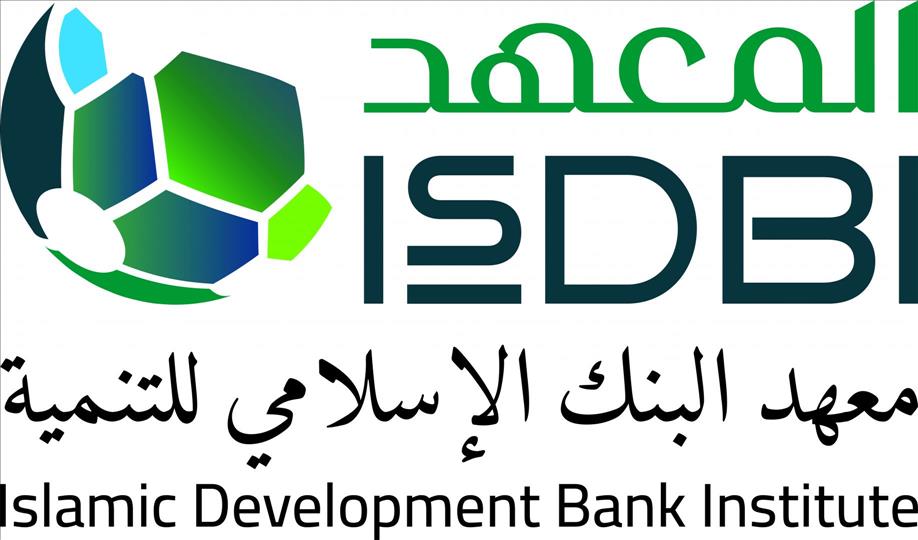Three Professors Win 2022 Isdb Prize For Impactful Achievement In Islamic Economics
Three renowned professors have been selected as winners of the 1443H (2022) Islamic Development Bank (IsDB) Prize for Impactful Achievement in Islamic Economics for their significant and influential contributions in the field of Islamic economics and finance.
The winners, Prof. Habib Ahmed (first prize), Prof. Mansur Masih (second prize), and Prof. Tariqullah Khan (third prize), are internationally recognized academics who produced pioneering and impactful scholarly works.
Prof. Habib Ahmed, the Sharjah Chair in Islamic Law and Finance at Durham University, Durham, U.K., was selected for the first prize in recognition of his pioneering and innovative work in Islamic economics and finance that pushed forward knowledge and influenced policymaking for the use of Islamic finance in socio-economic development.
Prof. Mansur Masih, a Senior Professor at Universiti Kuala Lumpur Business School, Malaysia, won the second prize for his original and pioneering contributions to econometric applications of Islamic finance.
Prof. Tariqullah Khan, a professor at the Faculty of Business and Management Sciences, Istanbul Zaim University, Turkey, won the third prize in recognition of his work to integrate Islamic economics and finance with sustainable development and circular economy.
This year's prize cycle aims to recognize, reward and encourage significant knowledge contributions in Islamic economics with the potential to solve major development challenges of IsDB member countries. The prize comes with a US$ 50,000 award for the first prize winner, US$ 30,000 for the second prize, and US$ 20,000 for the third prize.
In his comments on the occasion, IsDB President, H.E. Dr. Muhammad Al Jasser, congratulated the three laureates for their impactful knowledge contributions and wished them success in their various endeavours.
The winners were selected by a committee of experts from outside the IsDB Group, whose work was coordinated by the Islamic Development Bank Institute (IsDBI). The winners will receive their prize awards during the IsDB Group Annual Meetings, scheduled for 1 - 4 June 2022 in Sharm al-Sheikh, Egypt.
Acting Director-General of IsDBI, Dr. Sami Al-Suwailem, also congratulated the winners and extended his appreciation to H.E. Dr. Al Jasser for guiding the Institute towards successful coordination of the prize.
Here are excerpts from the citations issued by the prize selection committee:
Prof. Habib Ahmed's knowledge contributions emphasize how the Islamic financial sector can focus on economic development, the requisite legal and regulatory framework, and the potential impact of such efforts in infrastructure development which could also help in developing the Islamic social finance sector and engender financial inclusion. He also contributed to diverse areas in Islamic finance & economics, including Shariah governance, fiscal policy, and Shariah screening standards.
In addition to his numerous intellectual contributions, his pioneering work could also be seen in the policy-oriented research he conducted for leading multilateral and standard-setting institutions. Notable among these contributions are his work on Sustainable Development Goals and the Role of Islamic Finance, Infrastructure Financing through Islamic Finance in the Islamic Countries, and National and Global Islamic Financial Architecture: Problems and Possible Solutions for OIC Member Countries.
Prof. Mansur Masih has set the trend in bringing out ground-breaking works, particularly in the area of empirical Islamic economics and finance. His pioneering contributions in advanced econometric applications to Islamic finance manifested in a number of publications in high-ranking journals has a wide outreach among economics and finance researchers, especially for those who highly regard the empirical approach. Moreover, Prof. Masih has a measurable impact and contribution to higher education and graduate studies.
Prof. Tariqullah Khan was able to carve a niche through his works to revitalize the original value proposition of Islamic economics and finance. He successfully integrated the ideals of Islamic economics and finance, Maqāsid al-Sharīʿah, and the Sustainable Development Goals (SDGs). He also successfully introduced circular economy within Islamic economics and was able to infuse these insights into several Ph.D. programs in various universities in IsDB Member Countries.

Legal Disclaimer:
MENAFN provides the
information “as is” without warranty of any kind. We do not accept
any responsibility or liability for the accuracy, content, images,
videos, licenses, completeness, legality, or reliability of the information
contained in this article. If you have any complaints or copyright
issues related to this article, kindly contact the provider above.
Most popular stories
Market Research

- Motif AI Enters Phase Two Of Its Growth Cycle
- 1Inch Unlocks Access To Tokenized Rwas Via Swap API
- Kucoin Presents Kumining: Embodying Simple Mining, Smart Gains For Effortless Crypto Accumulation
- With Seal, Walrus Becomes The First Decentralized Data Platform With Access Controls
- Jpmorgan Product Head Joins GSR Trading MD To Build Institutional Staking Markets
- Innovation-Driven The5ers Selects Ctrader As Premier Platform For Advanced Traders






















Comments
No comment